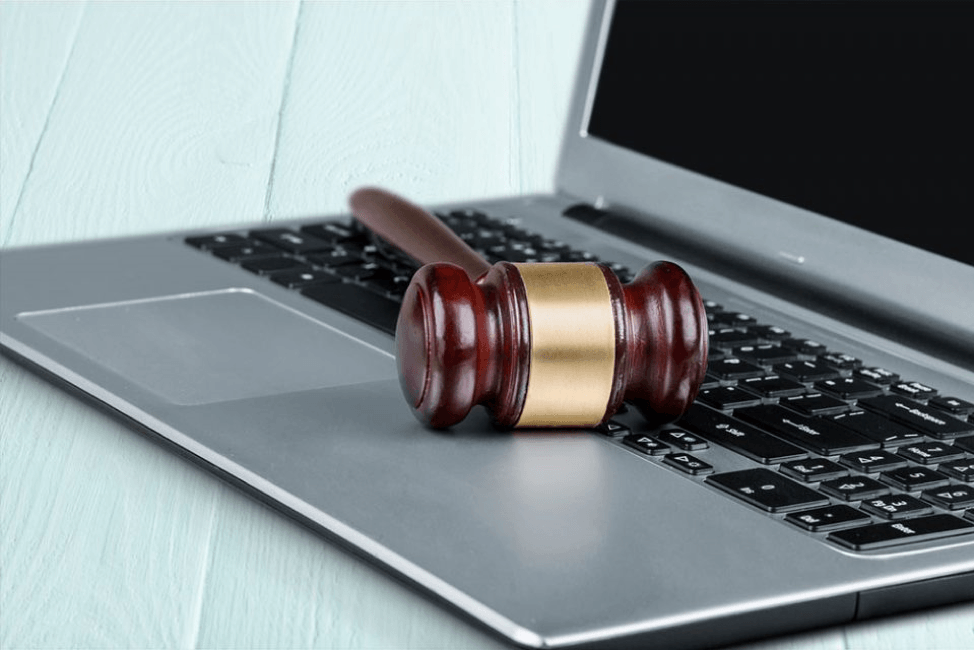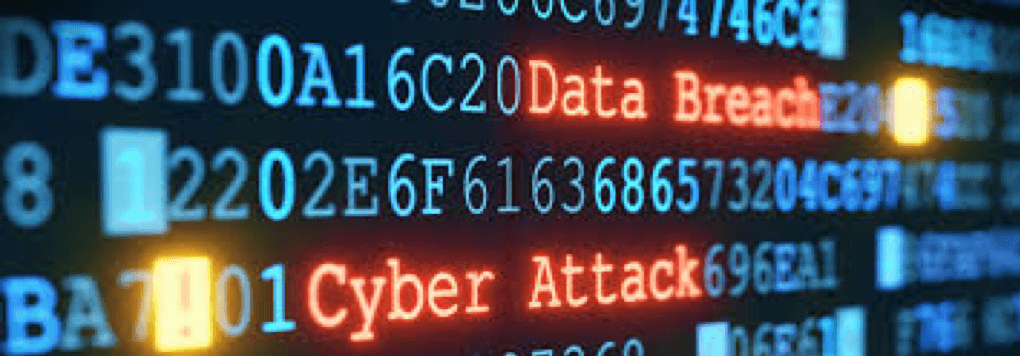Alex Jones, the founder of “Infowars” who claimed the Sandy Hook mass shooting was a hoax, has faced a series of defamation lawsuits from the parents of children killed in the Sandy Hook Elementary School shooting. Now that a federal judge in Jones’ home state of Texas has ruled that at least two of the lawsuits adequately state a claim for defamation, some commentators have asked whether social media companies could also be held liable because they were aware Jones was spreading defamation on their platforms. While a social media companies’ knowing failure to remove defamation could satisfy the prima facia case for defamation under traditional tort law, Section 230 of the federal “Communications Decency Act” gives social media platforms total immunity from litigation arising out of defamation created by website users.… Read More InfoWars, Defamation, and Social Media Companies


















